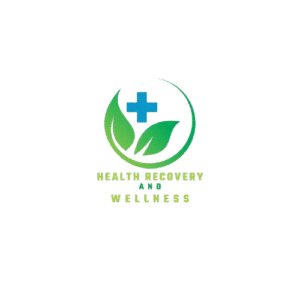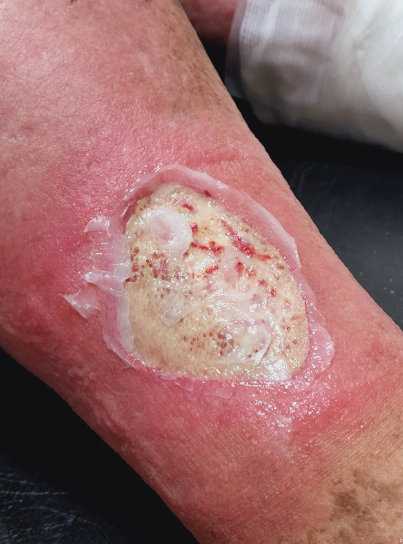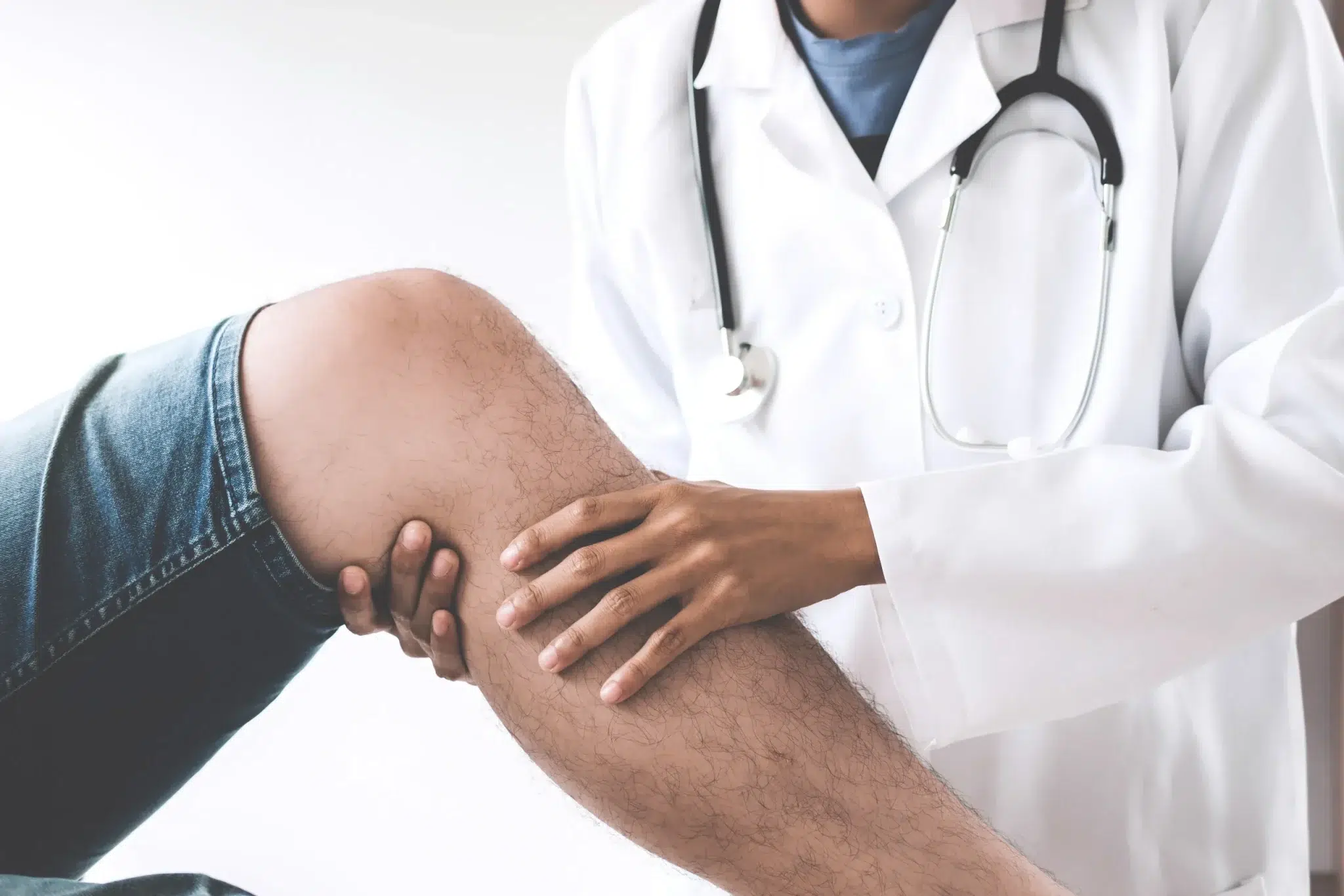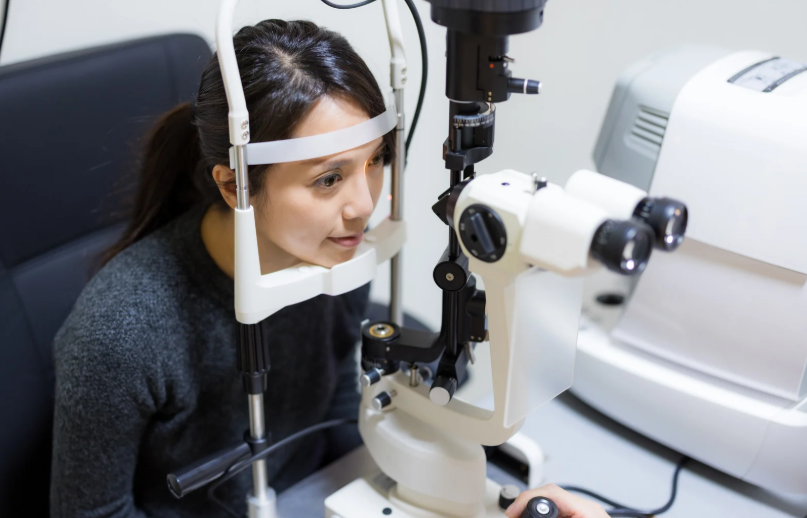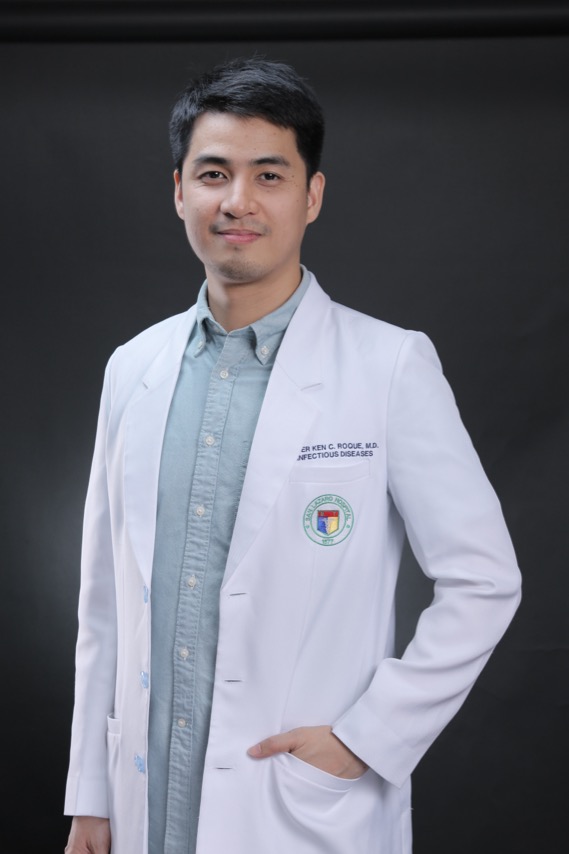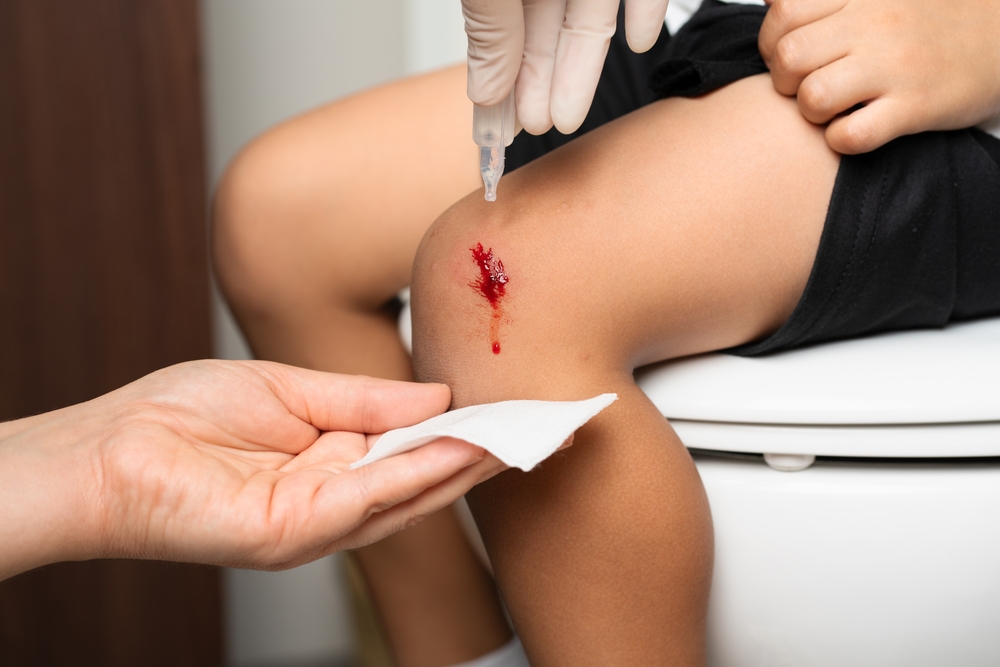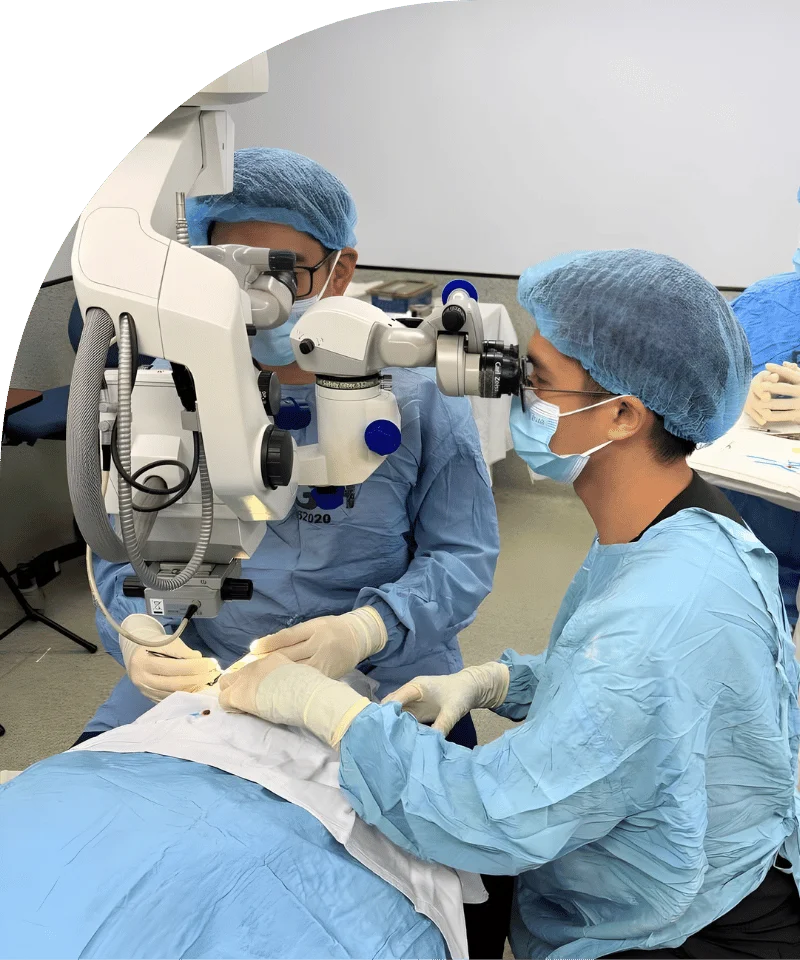Proper wound care is essential for elderly patients, as aging skin is more fragile and prone to slower healing. Seniors face unique challenges that increase the risk of complications, such as infections or chronic wounds. Seeking professional assistance from a Doctor For Wound Dressing ensures wounds are managed safely and effectively. Kalingap Wound Care Clinic stands out as a trusted provider, offering specialized elderly care support for wound management.
Why Elderly Patients Need Specialized Wound Care
As people age, their skin loses elasticity and becomes thinner, making it more susceptible to injuries and slower to heal. Age-related conditions, such as diabetes, poor circulation, and weakened immune systems, further complicate wound recovery. A Doctor For Wound Dressing provides tailored care for elderly patients, minimizing risks of infection, skin breakdown, and chronic wound formation. These specialists understand the nuances of geriatric care, ensuring that every dressing change promotes optimal healing.
Role of a Doctor for Wound Dressing in Elderly Care
A Doctor For Wound Dressing plays a crucial role in assessing wounds and creating customized care plans. They evaluate the severity and type of wound and determine the most suitable dressing for delicate, aging skin. Beyond applying dressings, they provide guidance on proper wound cleaning, monitoring for complications, and adjusting treatment as needed. By partnering with a reputable clinic like Kalingap Wound Care Clinic, families can ensure their elderly loved ones receive consistent, high-quality medical attention.
Benefits of Professional Wound Dressing Support for Seniors
Professional support from a Doctor For Wound Dressing brings multiple benefits. Properly managed wounds reduce the risk of infections and complications, leading to faster healing and increased comfort for elderly patients. Caregivers gain peace of mind knowing that a trained professional is overseeing the treatment, while seniors experience improved mobility and quality of life. Kalingap Wound Care Clinic combines expertise and personalized care to deliver these outcomes effectively.
Types of Wounds Common in Elderly Patients
Elderly patients often experience wounds such as pressure ulcers, diabetic wounds, surgical wounds, and skin tears from falls. Pressure ulcers, commonly known as bedsores, develop due to prolonged pressure on certain body areas. Diabetic wounds can take longer to heal due to poor circulation and nerve damage. Surgical wounds in older adults may require additional monitoring to prevent complications. A Doctor For Wound Dressing is trained to address these specific wound types, ensuring each patient receives care that promotes faster recovery and reduces the risk of infection.
Advanced Wound Dressing Options Used by Doctors
Modern wound care relies on advanced materials designed for delicate skin. Doctors For Wound Dressing use moisture-retentive dressings, antimicrobial options, and protective barriers to optimize healing. These dressings help maintain a suitable environment for tissue regeneration while preventing bacterial growth. By leveraging advanced dressing technologies, Kalingap Wound Care Clinic ensures elderly patients receive the best possible care tailored to their unique needs.
Caregiver Education and Support from Doctors
A significant part of elderly care involves educating caregivers on proper wound management. A Doctor For Wound Dressing teaches caregivers how to monitor wounds, recognize early signs of infection, and perform basic dressing changes safely. Understanding when to seek professional help is critical for avoiding complications. Kalingap Wound Care Clinic provides caregivers with guidance and resources, creating a collaborative approach that ensures consistent, effective wound care.
When to See a Doctor for Elderly Wound Dressing
Prompt medical attention is essential if wounds show signs of delayed healing, increased redness, swelling, or discharge. Elderly patients experiencing pain, unusual odor, or recurrent wounds should be evaluated immediately by a Doctor For Wound Dressing. Regular check-ups prevent minor issues from escalating into serious complications. Kalingap Wound Care Clinic is equipped to respond quickly to these concerns, offering expert intervention whenever necessary.
How to Choose the Right Doctor for Elderly Wound Care
Selecting the right professional is crucial for elderly wound management. Look for a Doctor For Wound Dressing with experience in geriatric care, knowledge of advanced wound dressing techniques, and a holistic approach to patient health. Clinics that offer home visits or telemedicine support provide added convenience and continuous monitoring. Kalingap Wound Care Clinic excels in all these areas, ensuring elderly patients and caregivers receive comprehensive, compassionate, and accessible wound care services.
Takeaway
Professional support from a Doctor For Wound Dressing is vital for safe and effective elderly wound care. Proper wound management reduces complications, accelerates healing, and enhances the overall quality of life for seniors. Kalingap Wound Care Clinic combines specialized expertise, advanced dressing options, and caregiver education to deliver exceptional elderly care support. Families seeking the best wound care solutions for their elderly loved ones can trust this clinic to provide consistent, professional, and compassionate treatment.
FAQ
Why is wound care more important for elderly patients?
Aging skin is thinner, less elastic, and slower to heal, making professional management essential to prevent infections and complications.
Can caregivers change wound dressings without a doctor?
Caregivers can assist with minor dressing changes under guidance, but a Doctor For Wound Dressing should oversee treatment and assess healing regularly.
How often should elderly wounds be checked by a doctor?
Frequency depends on wound severity, but regular monitoring ensures timely intervention and proper healing.
Are advanced wound dressings safe for seniors with sensitive skin?
Yes, modern dressings are designed to be gentle on fragile skin while promoting faster healing.
What are the signs that a wound is not healing properly?
Persistent redness, swelling, pain, discharge, foul odor, or delayed healing indicate the need for professional evaluation.
